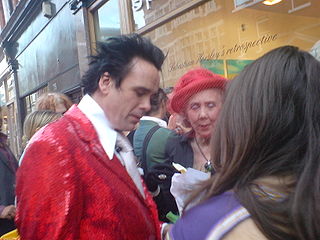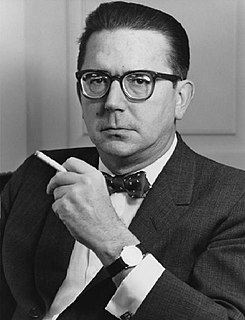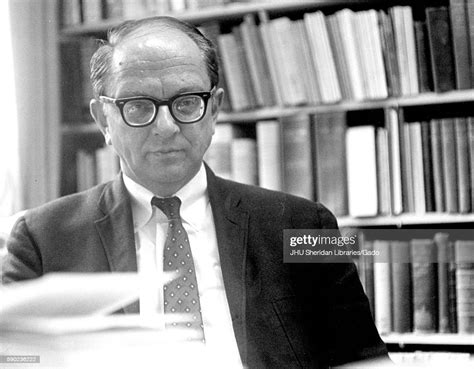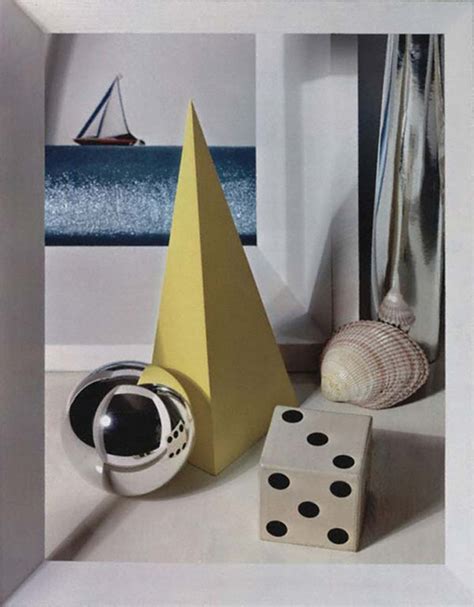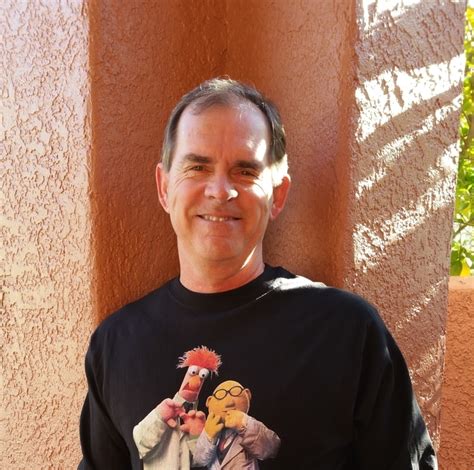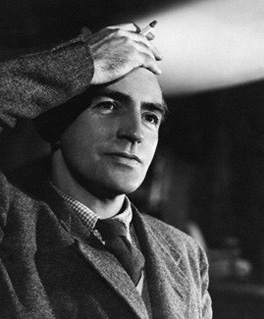A Quote by Domenico Gnoli
If an artist has the possibility to contact an infinitely larger public through the pages of a publication, he should try to invest more rather than less and go as far in his effort to communicate his inner image as he can.
Related Quotes
Brand-image campaigns establish contact with the subconscious of the consumer below the word level. They do this with visual symbols instead of words, Mr. Martineau says, because the visual symbols are far more significant. They communicate faster. They are more direct. There is no work, no mental effort. Their sole purpose is to create images and moods.
He that has energy enough in his constitution to root out a vice should go a little further, and try to plant a virtue in its place; otherwise he will have his labor to renew. A strong soil that has produced weeds may be made to produce wheat with far less difficulty than it would cost to make it produce nothing.
Art is life seen through man's inner craving for perfection and beauty--
his escape from the sordid realities of life into a world of his imagining. Art accounts for at least a third of our civilization,
and it is one of the artist's principal duties to do more than merely record life or nature.
To the artist is given the privilege of pointing the way and inspiring towards a better life.
Think long and hard about the way you invest your children's time. Time is treasure. And where your time investment is, there you will find the heart of a child. Invest the majority of his time in entertainment, and his heart will be turned to love of pleasure. Invest his time in peers rather then family, and his heart will be with the peers more than his family. There is a time and place for all good things in balance, but wise parents will steward the treasure of time, and in so doing, shepherd their children's hearts.
As the years go by, he returns to this invisible world rather than to earth for peace and solace. There also he finds a profound enchantment, although he can seldom describe it. He can discuss it with others of his kind, and because they too know and feel its power they understand. But his attempts to communicate his feelings to his wife or other earthly confidants invariable end in failure.
How fleeting are the wishes and efforts of man! how short his time! and consequently how poor will his products be, compared with those accumulated by nature during whole geological periods. Can we wonder, then, that nature's productions should be far 'truer' in character than man's productions; that they should be infinitely better adapted to the most complex conditions of life, and should plainly bear the stamp of far higher workmanship?
There should be a law that no ordinary newspaper should be allowed to write about art. The harm they do by their foolish and random writing it would be impossible to overestimate--not to the artist but to the public.... Without them we would judge a man simply by his work; but at present the newspapers are trying hard to induce the public to judge a sculptor, for instance, never by his statues but by the way he treats his wife; a painter by the amount of his income and a poet by the colour of his necktie.
They would make the 'Church ' their great meeting-point, rather than the Atonement of Christ. As far as my experience goes, they have more devoutness and less devotion, more fear and less love, more feeling of duty than of desire, laying more stress on Phil. ii. 12 than ver. 13, and in practice working upon the intellect and imagination rather than aiming at the heart, skirmishing among the outworks rather than assaulting the citadel.



